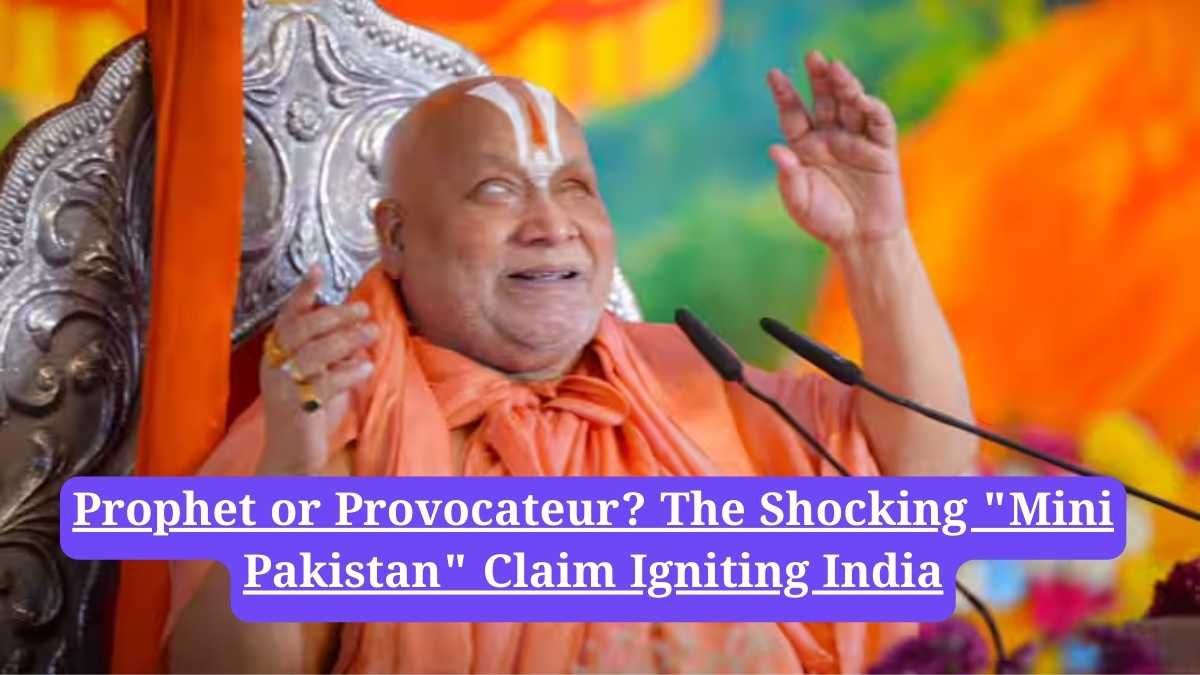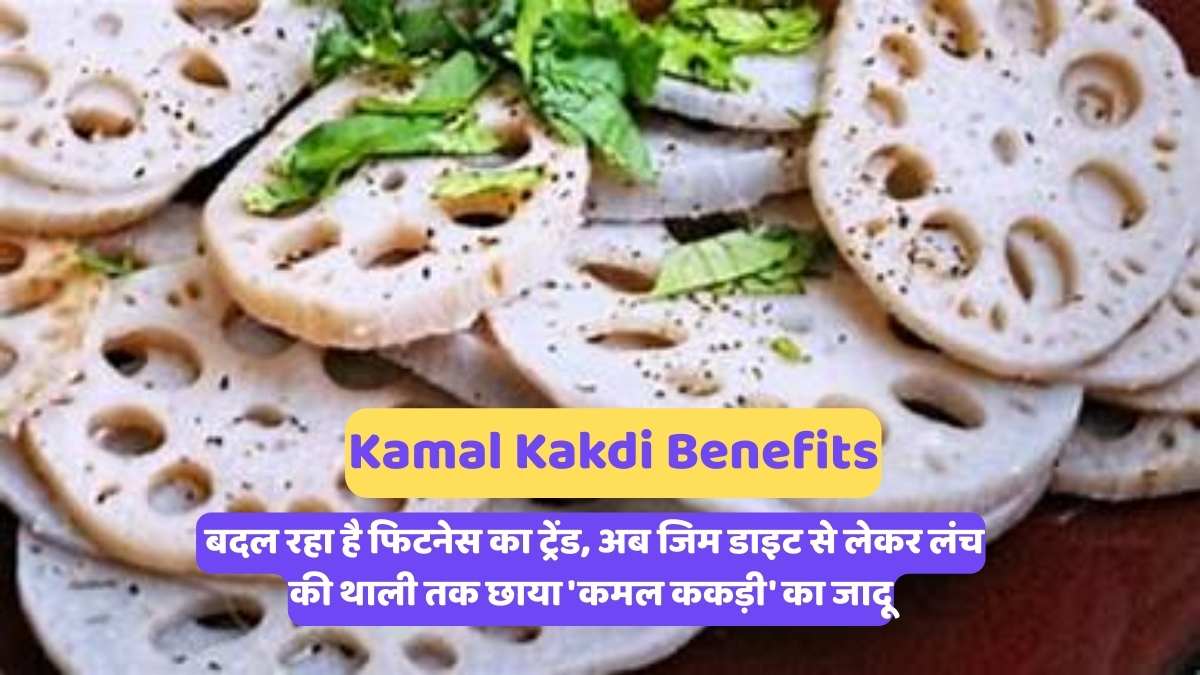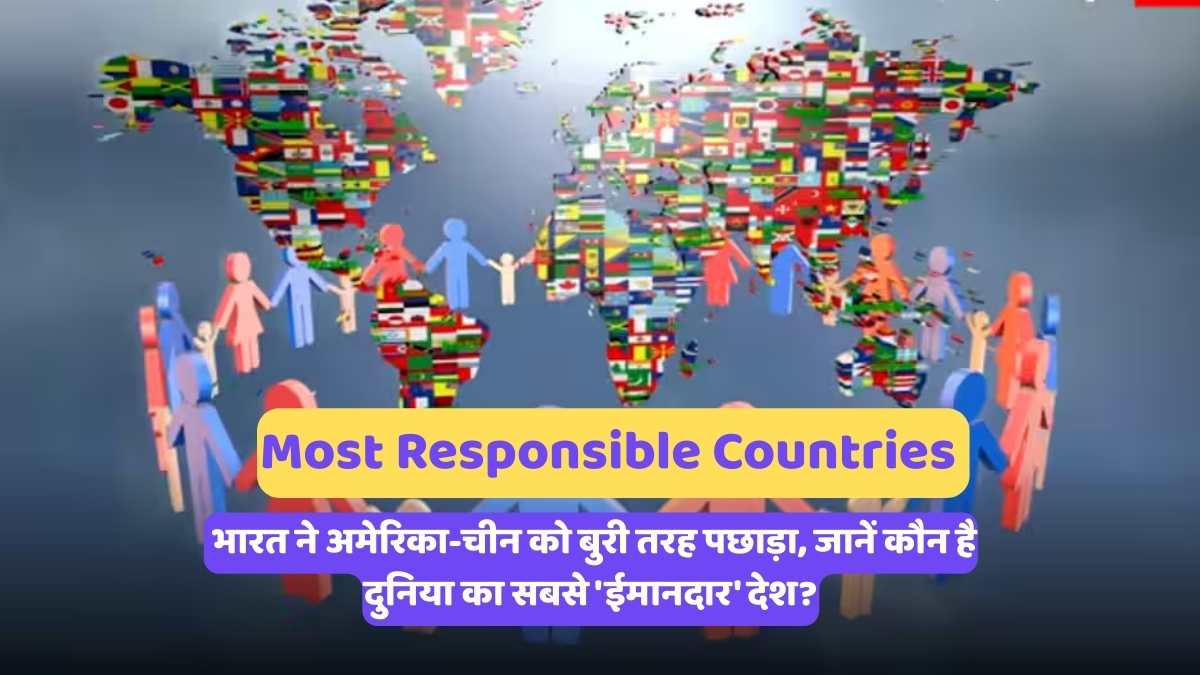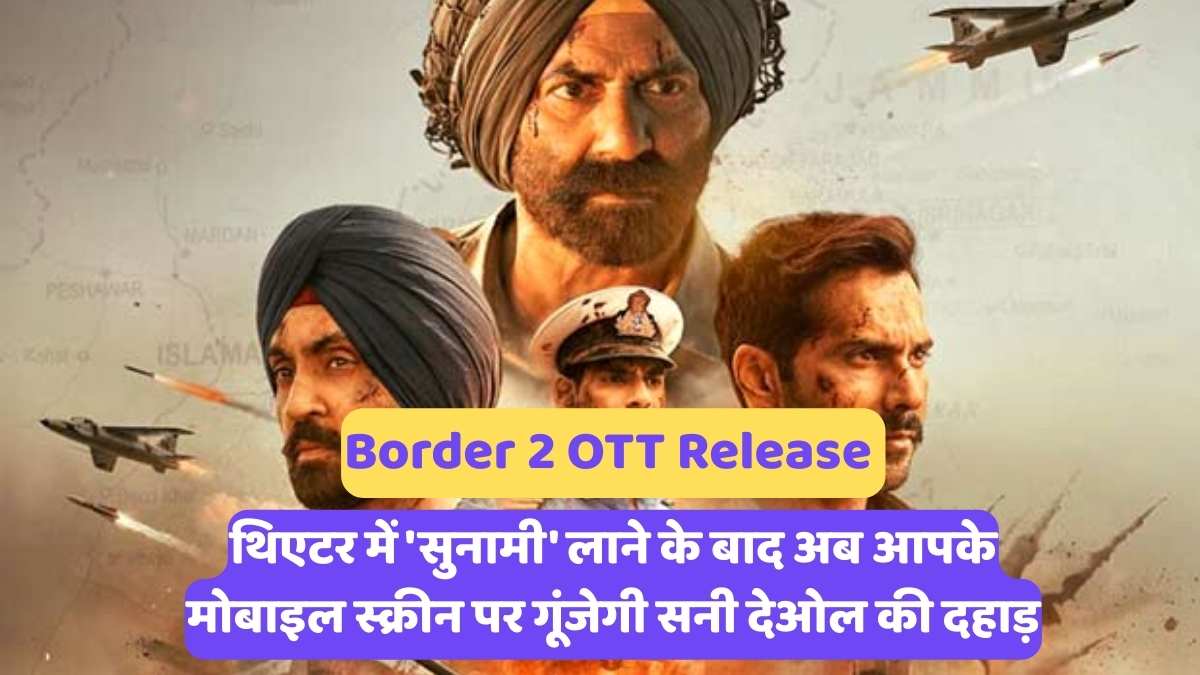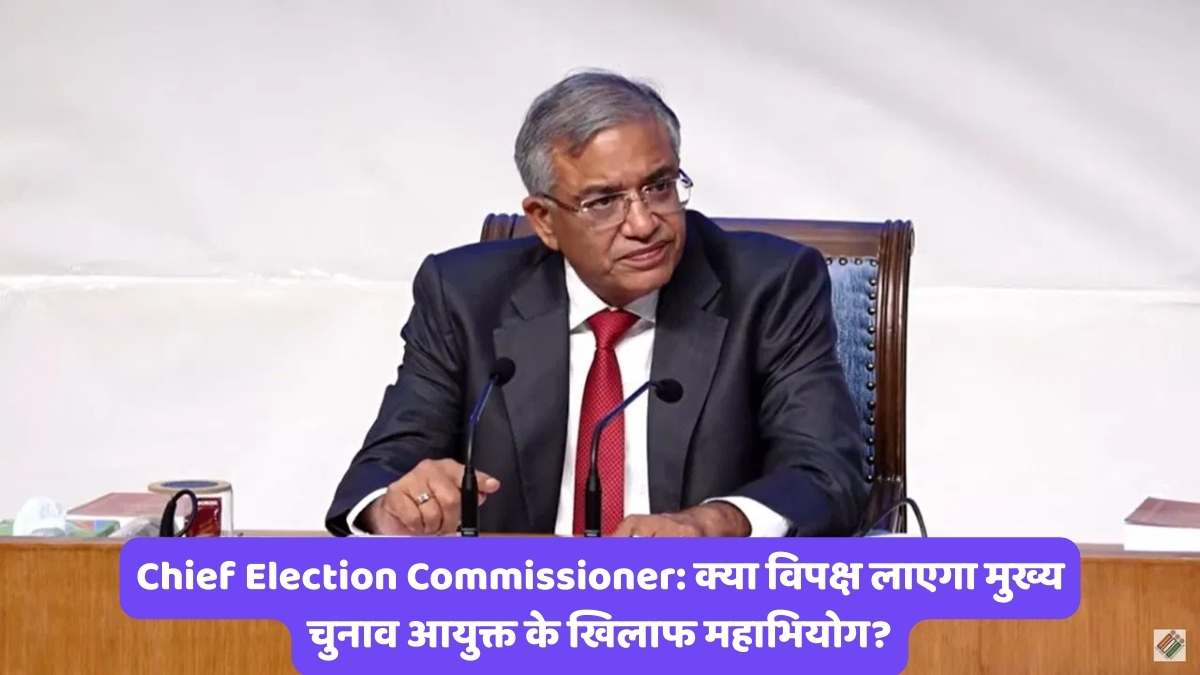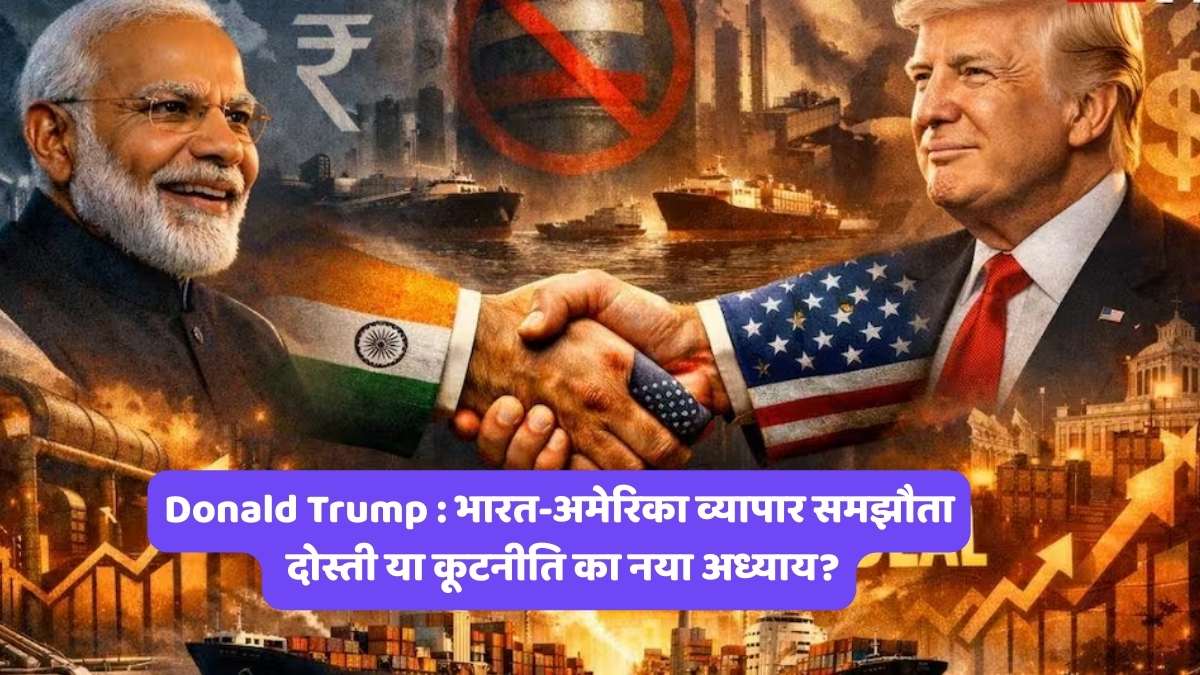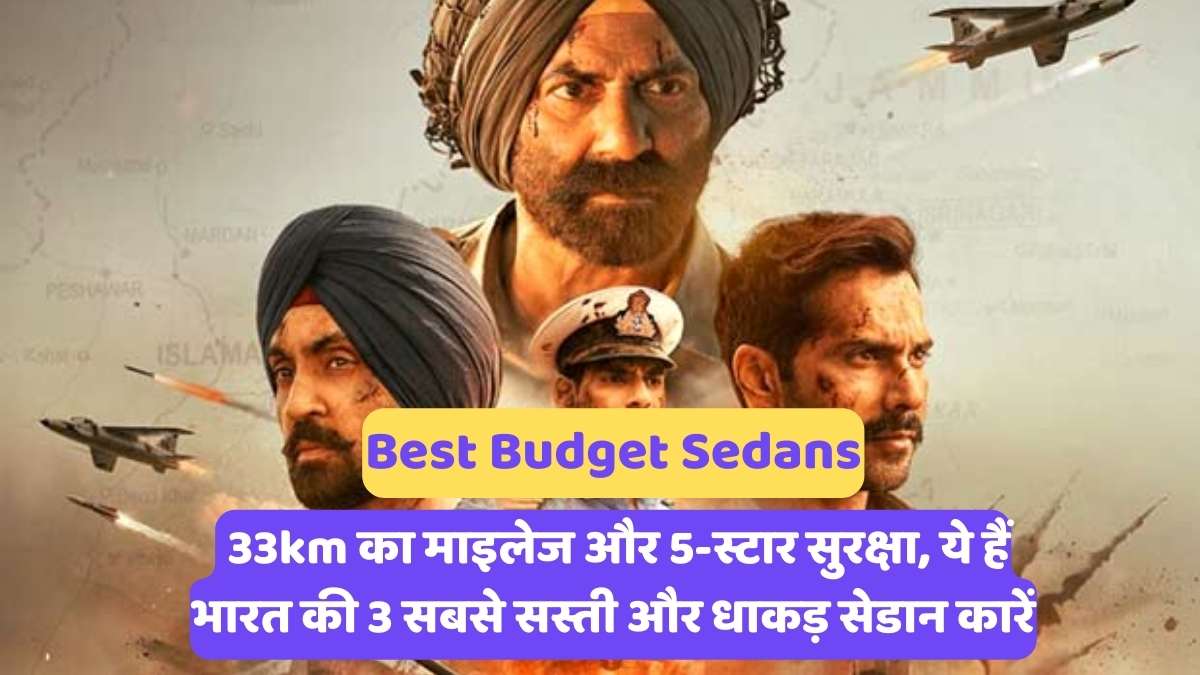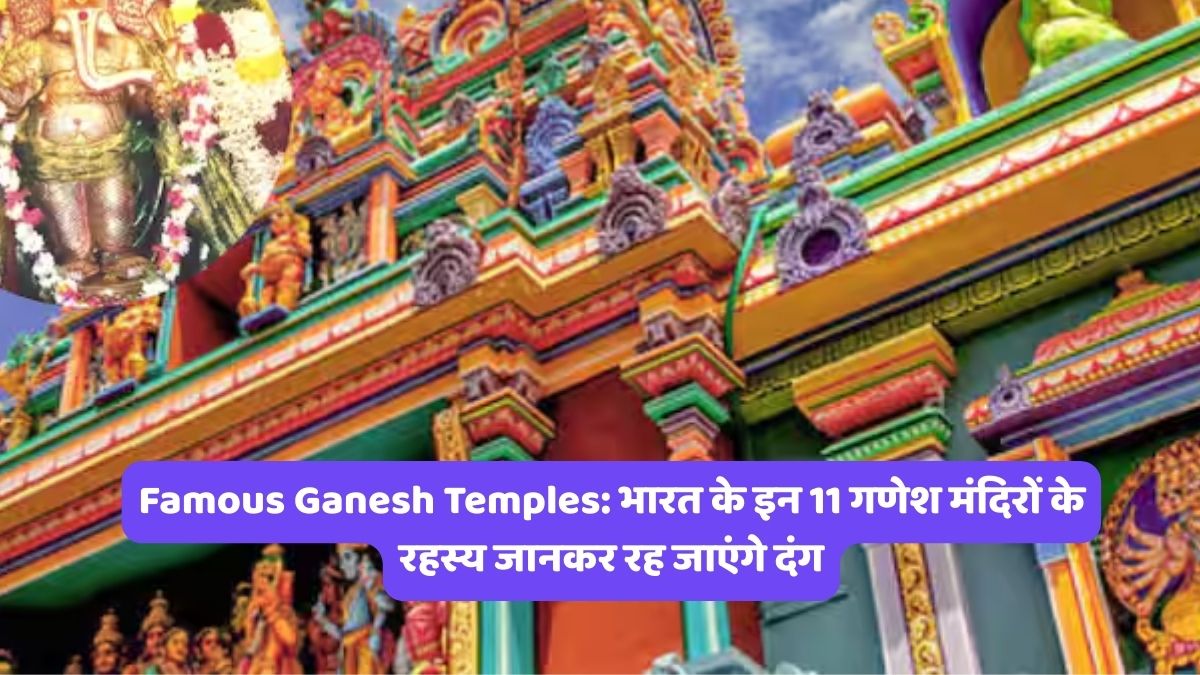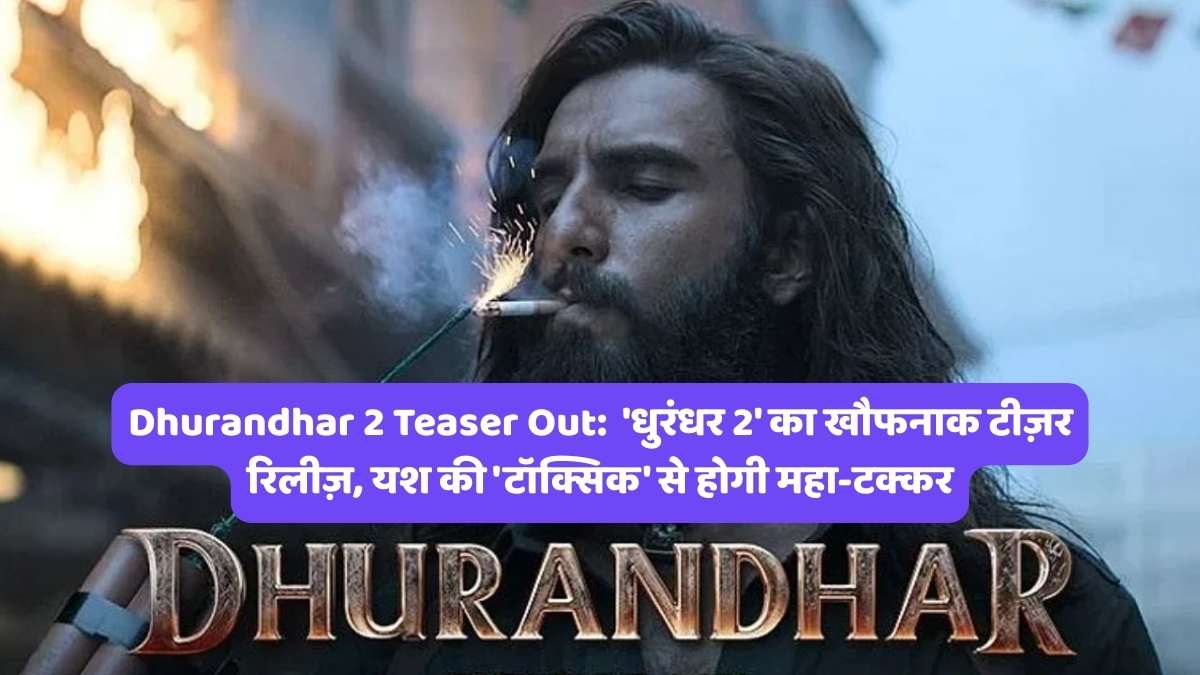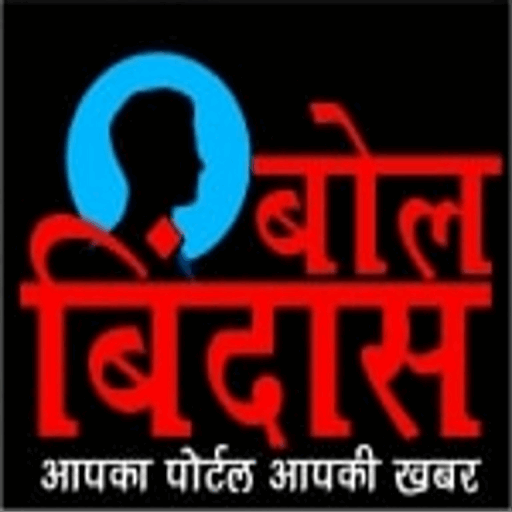Join WhatsApp
Join NowJagadguru Rambhadracharya: A sermon in Meerut, Uttar Pradesh, has erupted into a full-blown political controversy, placing spiritual leader Jagadguru Rambhadracharya at the center of a national debate. During a Ramkatha discourse, the revered Hindu seer made a series of inflammatory statements, including labeling Western Uttar Pradesh a “mini Pakistan,” which has drawn sharp condemnation from opposition leaders and fueled discussions on religious harmony and political rhetoric in India.
The “Mini Pakistan” Comment and a Warning to Hindus
Addressing his followers, Rambhadracharya claimed that the Hindu community is facing a significant crisis. “There is a great crisis for Hindus. In our own country, we are unable to give justice to the Hindu religion,” he stated during the event in Meerut.His most startling claim was his perception of a major demographic and cultural shift in the region: “Coming to Western Uttar Pradesh, it feels as if this is a mini Pakistan.
The spiritual leader, who is the founder and head of Tulsi Peeth, urged Hindus to become more “vocal” in order to protect their faith and identity. He didn’t mince words, insisting that action must be taken to preserve Hindu culture. In his defense of the controversial remark, Rambhadracharya later pointed to alleged demographic changes and the migration of Hindus from specific areas. He questioned, “Why is there such an exodus of Hindus from Sambhal? In Muzaffarnagar too, they are dominating Hindus, why is this happening?” He has stood firm on his statement, citing a judicial commission report on Sambhal as evidence for his claims.
Controversial Views on Women and Education
The religious discourse took a further contentious turn when Rambhadracharya shared his views on the status of women in different faiths. He proclaimed that in Hinduism, daughters are revered as “Devi” (goddesses), a status he contrasted sharply with other religions. “No religion can be as liberal as the Hindu religion,” he asserted. “In some religions, a woman is called a ‘baby.’ In some sects, a woman is called ‘Bibi’ (wife). Hindu religion is the only one where a woman is called a ‘Devi’.”
He specifically targeted Islam, making severe allegations about the treatment of women. He spoke of women being forced to bear numerous children, followed by the practice of triple talaq, a system he described as a “use and throw” policy that is absent in Hinduism.
On the subject of education, the Jagadguru appealed to the Hindu community to reconsider their children’s schooling. He urged parents to avoid sending them to convent schools or madrasas, advocating instead for Sanskrit-based institutions like Saraswati Vidyalayas. The goal, he stated, should be to raise children to be like historical figures such as Veer Shivaji, Maharana Pratap, and Mangal Pandey. He also touched upon the ancient text Manusmriti, suggesting that while it established castes, it was modern political parties that twisted this into “casteism” to secure power.
Political Backlash: Opposition Leaders Fire Back
The statements quickly triggered a political firestorm, with leaders from the Samajwadi Party (SP) launching a scathing counter-attack. SP General Secretary Shivpal Yadav dismissed the guru’s claims with sarcasm, stating, “He can’t see anything. The government was formed with his help, and it is their rule. I pity such people who make these statements.
SP leader and former Member of Parliament, ST Hasan, was even more direct in his criticism. He accused Rambhadracharya of deliberately creating fear and division to benefit a “particular political party.“If he doesn’t make statements like this, how will his ‘shop’ run?” Hasan questioned rhetorically. He staunchly defended the social fabric of the region, asserting that Hindus and Muslims in Western Uttar Pradesh “live like brothers” and support each other through thick and thin.
Hasan further argued that labeling the region as “mini Pakistan” is an indirect way of calling its Muslim residents terrorists, a dangerous and unacceptable narrative. He challenged the “Hindu in danger” narrative by pointing out that with the government, army, and police predominantly led by Hindus, the idea of the community being under threat is unfounded. This sentiment was echoed by other Muslim clerics who called the remarks baseless and an attempt to mislead Hindus.
The controversy continues to unfold, highlighting the deep religious and political fault lines in the region. While supporters of Rambhadracharya see his words as a necessary wake-up call for the Hindu community, critics view them as divisive rhetoric designed to polarize society for political gain.
